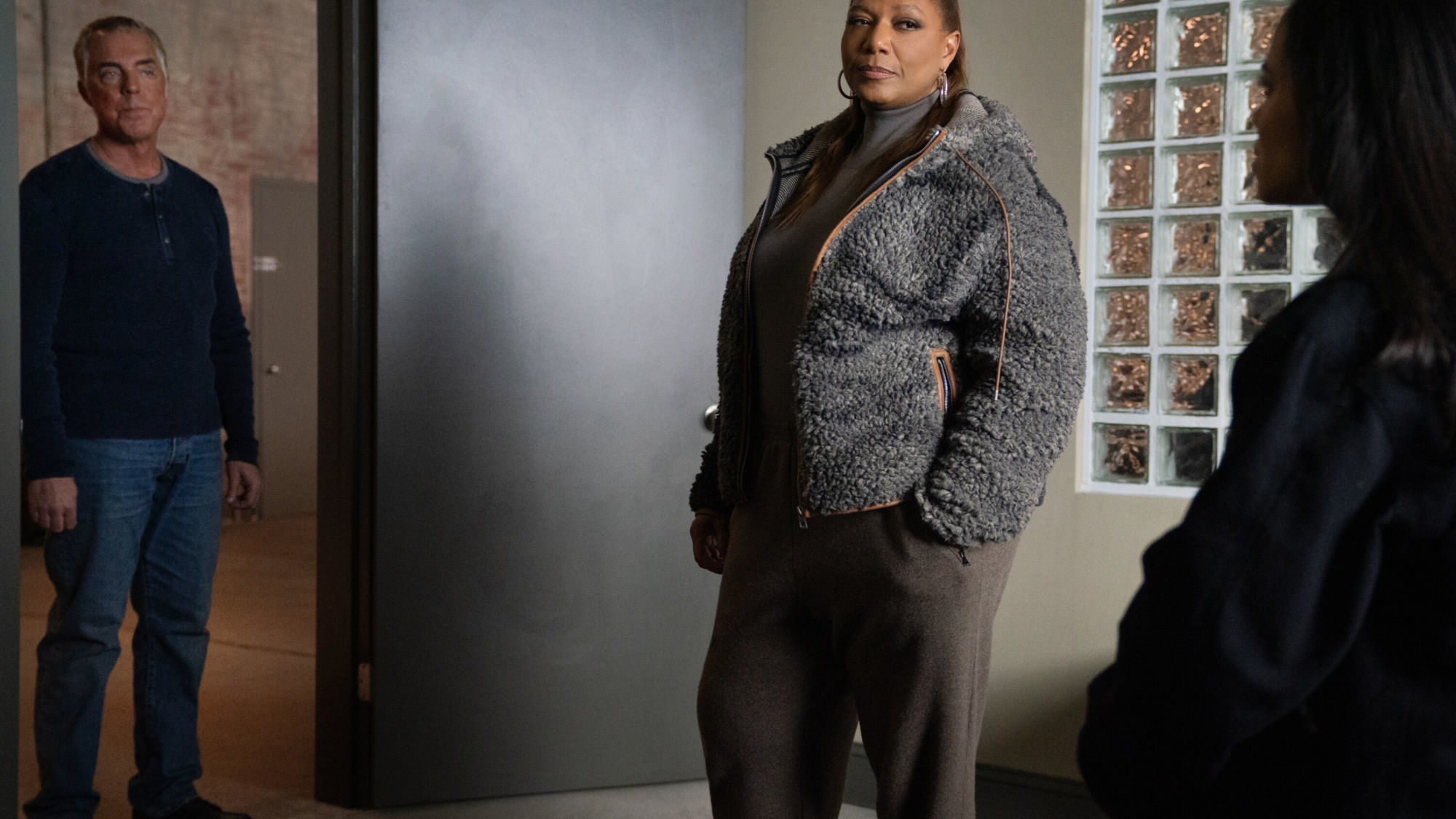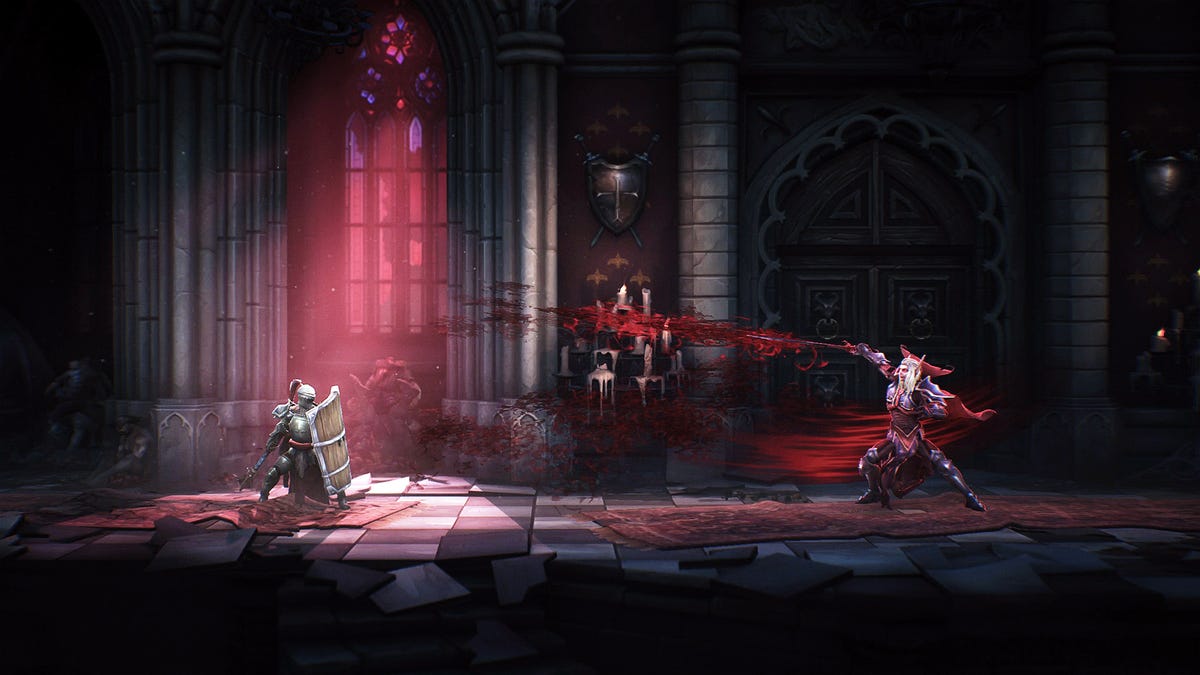Black Mirror Season 7: A Haunting Return to Unsettling Themes with 'Hotel Reverie'

In the much-anticipated seventh season of Black Mirror, the beloved anthology series makes a striking return to its unsettling roots. Each episode of this season tackles various aspects of how artificial intelligence (AI) is reshaping societya phenomenon that is not just theoretical but already in progress. Having viewed every episode in the new installment, one particular episode has remained in my thoughts long after the credits rolled.
This episode is titled Hotel Reverie. It is a bittersweet black-and-white romance that evokes nostalgia while delivering sincere emotional weight. However, beneath its tender surface lies a stark warning about the future of entertainment and the looming threat that AI poses to Hollywood. The concerns raised in this episode reflect a grim reality that is already emerging.
In Hotel Reverie, Hollywood A-lister Brandy Friday, portrayed by the talented Issa Rae, embarks on a bold career move by agreeing to star in a remake of a classic film that shares its name with the episode. But as she dives deeper into this project, Brandy quickly realizes that it is not a typical film shoot. Instead of stepping onto a traditional movie set, she finds herself integrated into an AI-driven rendering of the film, facilitated by an innovative tech company called ReDream. This company, spearheaded by the eccentric reality designer Kimmy, played by Awkwafina, utilizes advanced technology to create lifelike avatars of the original cast members, adding an unexpected twist to the film-making process.
Brandy's role is particularly intriguing as she takes on a race and gender-flipped character of Dr. Palmer, the love interest of Clara, an enigmatic ingenue portrayed by Emma Corrin as Dorothy Chambers. This immersive project promises to elevate Brandy's career to new heights and revolutionize the film industry, forever altering the landscape of entertainment.
Spoiler Alert: If you havent seen Hotel Reverie, I advise you to stop reading now, as I will delve into significant plot details that could spoil the experience.
The 76-minute episode takes viewers on an emotional rollercoaster, ultimately revealing itself as a tragic exploration of romance and identity. It delves into the challenges faced by a woman of color in the entertainment industry as she strives to balance her professional aspirations with her personal life while navigating the complexities of success without causing too much disruption.
Much like the fan-favorite episode San Junipero from season 3, Hotel Reverie cultivates an unlikely romance between two women in a setting devoid of the conventional constraints of time and reality. Brandys growing affection for the AI representation of Dorothy blossoms into a profound connection, leading her to confront feelings she might never have dared to explore in the tangible world. The boundary between fantasy and reality dissolves rapidly, creating a captivating yet disquieting experience.
While the theme of death by virtual reality is not new to science fiction, Hotel Reverie takes this concept further by introducing real stakes and addressing issues such as bodily autonomy, agency, and the struggle for identity. The use of classic cinema as a stylistic backdrop to convey these themes results in a poignant narrative that is both entertaining and thought-provoking.
Yet, when one zooms out and examines the broader implications of this episode, it becomes evident that Hotel Reverie serves as a grim reflection on the potential demise of traditional filmmaking. The narrative raises pressing questions about the ramifications of AI, particularly how unchecked technological advancements could disruptand possibly dismantlethe very essence of entertainment as we know it.
This prospect may sound alarmist, but as a participant in the SAG-AFTRA strike of 2023, I witnessed how these topics ignited passionate discussions during negotiations. If a technology like ReDream were to exist in reality, the trend of remixing classic films for modern audiences could have profound consequences. The economic fallout would be profound, affecting countless production employees, from crew members and makeup artists to set designers and caterers, all of whom are integral to the film-making ecosystem.
Moreover, the implications for artistic integrity could be catastrophic. As the creative process becomes redefined as mere content generation, the human element risks being overshadowed. Netflix, being a tech-focused entity, is acutely aware of this shift. Their involvement in the ongoing Black Mirror Streamberry narrative underscores the dilemma of content versus art, a debate that is becoming increasingly contentious.
Consider the implications of utilizing Dorothy's likeness, given that she is a character who has passed away. The ReDream project would necessitate seeking permission from her estatea process that raises questions about the associated costs and ethical considerations of such practices. What challenges would creatives face if scenarios like those depicted in Hotel Reverie materialized in real life?
Issa Rae articulated these concerns eloquently during a recent Zoom press event for Netflix. It is a violation of the original filmmakers, who, as you all know, spend so much time and meticulous detail making films what they are, she expressed. So to have any average Joe or corporation be like, 'We're going to plop a contemporary star in and hijinks will ensue,' is crazy to me. That would piss me off on so many levels.
In stark contrast to the typical narrative arcs found in many stories, Hotel Reverie does not culminate in a happy ending. Despite the film reboot's commercial success and Brandy's ascendance in the industry, her personal journey remains fraught with isolation. The love she found within the confines of a virtual reality was fleeting and ultimately unsustainable. This grim conclusion leaves viewers pondering whether Brandy can discover authentic happiness beyond the fantasy life she experienced on the other side of the screen.
With these reflections swirling in my mind, I find myself haunted by Hotel Reverie. It encapsulates the beauty, tragedy, and unsettling nature that has made Black Mirror a defining anthology series. This episode reaffirms that the show has once again successfully delivered a thought-provoking narrative. Well played, Mr. Brooker. Well played.



















